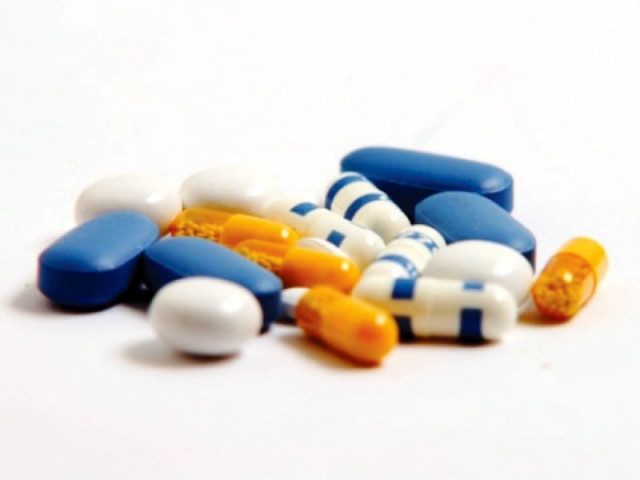Pharmaceutical industry: DRAP urged to finalise pricing policy
Sector suggests reference method recommended by WHO.

According to the industry, a transparent pricing policy could revamp long pending issues and result in a thriving industry. It would also foster large-scale investment in the country, create jobs ,help the industry arrest the flight of capital and close down multinational pharmaceutical production facilities.
DRAP is currently considering two mechanisms for finalising the much-awaited pricing policy. The first mechanism is cost plus pricing by which the final price of drugs is based upon the manufacturing cost of individual units. The other formula being explored is a reference pricing system, in which the national regulated price is derived from a “basket” of reference countries within the region.
Sources at PPMA said the cost plus system is not practical as it would involve the DRAP individually dealing with over 600 manufacturers and over 50,000 registrations and would lead to a “pick and choose” environment that gives discretion to the price controllers and is non-transparent.
PPMA suggested the reference pricing, as recommended by the World Health Organisation (WHO) for implementation in countries like Pakistan, is a better option as it enables transparent treatment across the board for all stakeholders.
As per the recommendations of WHO, Pakistan would only need to select comparator countries to use for External Reference Pricing ERP based on economic status, pharmaceutical pricing systems in place, the publication of actual versus negotiated or concealed prices, exact comparator products supplied, and similar burden of disease.
It is worth adding here that the World Health Organization in its guidelines for rational drug pricing policy reveals that 90% of the population in developing countries purchases medicines through out-of-pocket payments, making medicines the largest family expenditure item after food. As a result, medicines, particularly those with higher costs, may be unaffordable for large sections of the global population and are a major burden on government budgets.
Government can also facilitate this sensitive sector by making suggested tax reductions or exemptions that were outlined in WHO guidelines which will additionally lower prices to patients and purchasers, PPMA representative added. They warned that any further delay in devising a pricing mechanism will deprive the country of one of the important sectors.
Published in The Express Tribune, October 29th, 2014.
Like Business on Facebook, follow @TribuneBiz on Twitter to stay informed and join in the conversation.





1733130350-0/Untitled-design-(76)1733130350-0-208x130.webp)











COMMENTS
Comments are moderated and generally will be posted if they are on-topic and not abusive.
For more information, please see our Comments FAQ